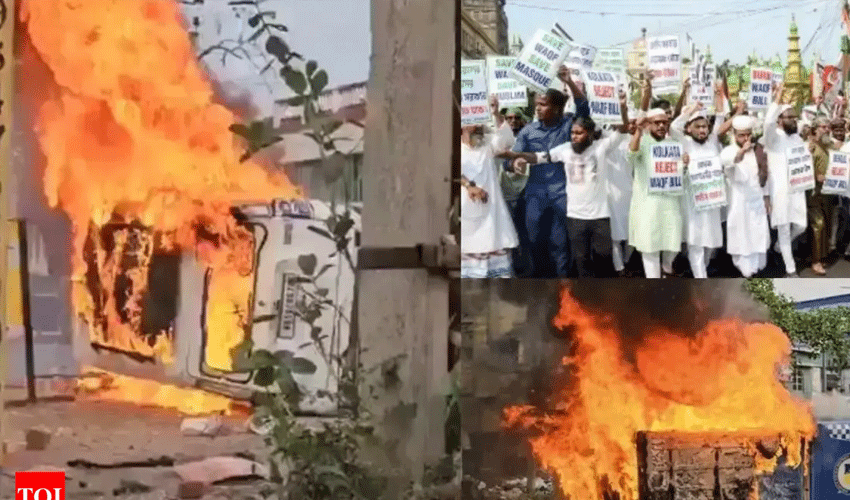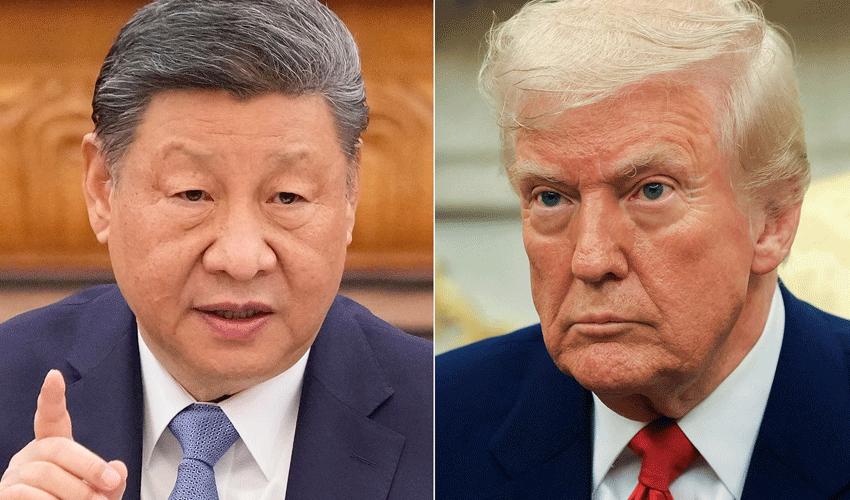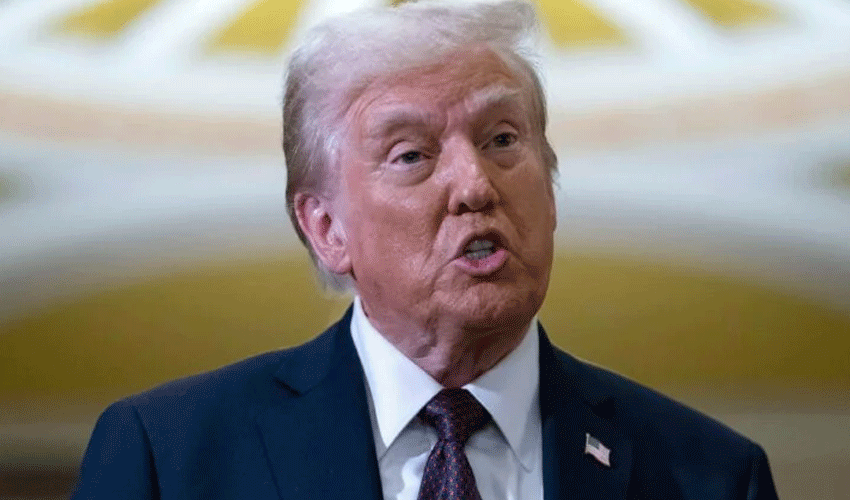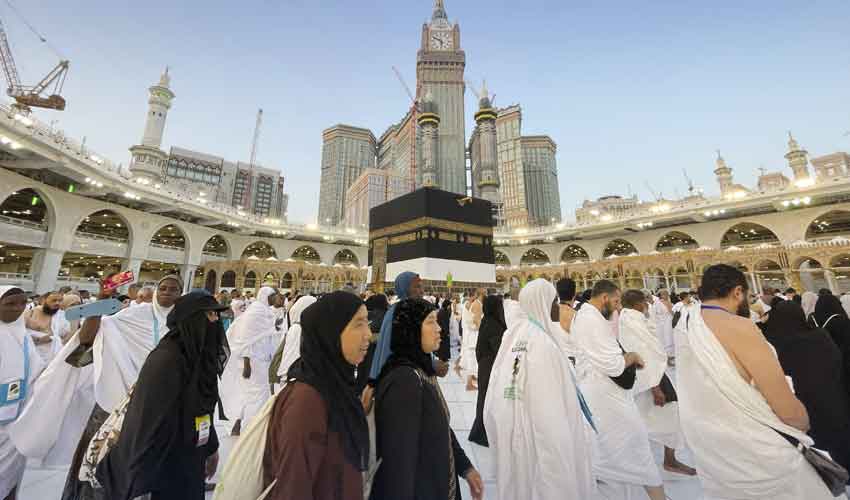At least three people have been killed, and 150 arrested following violent clashes in Murshidabad, West Bengal, over the newly-enacted Waqf Act.
The unrest began on Friday and continued into Saturday, leading to widespread destruction and loss of life.
Among the victims were a father and son, who were hacked to death by a mob, while another protester succumbed to bullet wounds inflicted during clashes with police.
Paramilitary forces were deployed to maintain order, with patrols seen throughout the district, as scenes of destruction continued to unfold on Sunday. The violence, which erupted after Friday prayers, quickly escalated, and police confirmed that three fatalities had occurred by Saturday evening. As the unrest spread, at least twelve more individuals were arrested on Sunday following overnight raids, bringing the total number of arrests to 150.
The Calcutta High Court, alarmed by reports of vandalism in Murshidabad and surrounding districts, intervened on Saturday, ordering the deployment of additional paramilitary forces to quell the unrest. The court also expressed its concern over the widespread violence and ordered a stringent crackdown.
A significant presence of security forces, including nearly 300 Border Security Force (BSF) personnel, was established in the affected regions, with five additional companies sent to assist. In the wake of the High Court's directive, forces were sent to highly sensitive areas such as Suti, Shamsherganj, and Samserganj. Despite these measures, parts of the district remained in turmoil, with authorities struggling to restore normalcy.
According to local police, prohibitory orders under section 163 of the Bharatiya Nagarik Suraksha Sanhita Act remain in effect in the violence-hit areas. The authorities also imposed an internet shutdown to prevent the spread of misinformation. West Bengal’s top police official, Rajeev Kumar, urged citizens to refrain from spreading rumors, which he cited as a contributing factor to the violence.
The violent protests turned tragic when a father and son, Hargobind Das and Chandan Das, were hacked to death by a mob on Saturday. The attack occurred in the midst of the ongoing unrest, leaving the region reeling from the brutality. Another victim, Izaz Ahmed Sheikh, a 17-year-old protester, was shot by police during clashes in Suti. He later succumbed to his injuries on Saturday. In total, at least 18 police officers were injured in the violent protests.
As the violence continued into its second day, police forces launched a series of raids, leading to the arrest of several individuals involved in the unrest. However, the situation remains tense, and authorities have warned that more arrests are likely as investigations into the violence intensify.
BJP leaders blame Mamata Banerjee's governance
Political leaders, particularly from the Bharatiya Janata Party (BJP), have blamed Chief Minister Mamata Banerjee for the violence, accusing her administration of failing to control the situation. BJP president Sukanta Majumdar criticized Banerjee's "incompetence" and her alleged appeasement politics, which he claimed had contributed to the unrest. Majumdar also stated that the state police, under Banerjee’s control, allowed for unchecked violence, particularly against Hindu-owned properties.
Reports from the ground have suggested widespread damage to property, with local residents claiming that Hindu shops in Dhulian were targeted during the protests. One local, speaking to India Today TV, recounted that his shop was looted and vandalized, while his family remained in constant fear.
High Court Steps In
In a rare intervention, the Calcutta High Court ordered the deployment of paramilitary forces in highly sensitive areas of Murshidabad. The court's decision followed a detailed hearing on Saturday, where it was revealed that violence had spread beyond Murshidabad to districts such as North 24 Parganas and Hooghly's Champdani. The violence has left deep scars in the region, with many locals expressing frustration over the lack of visible government response during the initial stages of the unrest.
In the wake of these events, the state has formed a special team of 23 officers tasked with investigating the violence. These officers have been deployed to Murshidabad, where they will remain for the next four days.
Despite these efforts, the situation remains volatile. As authorities continue to grapple with the unrest, local residents and political figures alike are calling for stronger measures to restore peace and prevent further escalation. The ongoing violence has raised questions about the handling of communal tensions and the efficacy of law enforcement in managing public unrest, with many urging greater accountability from the state government.


























